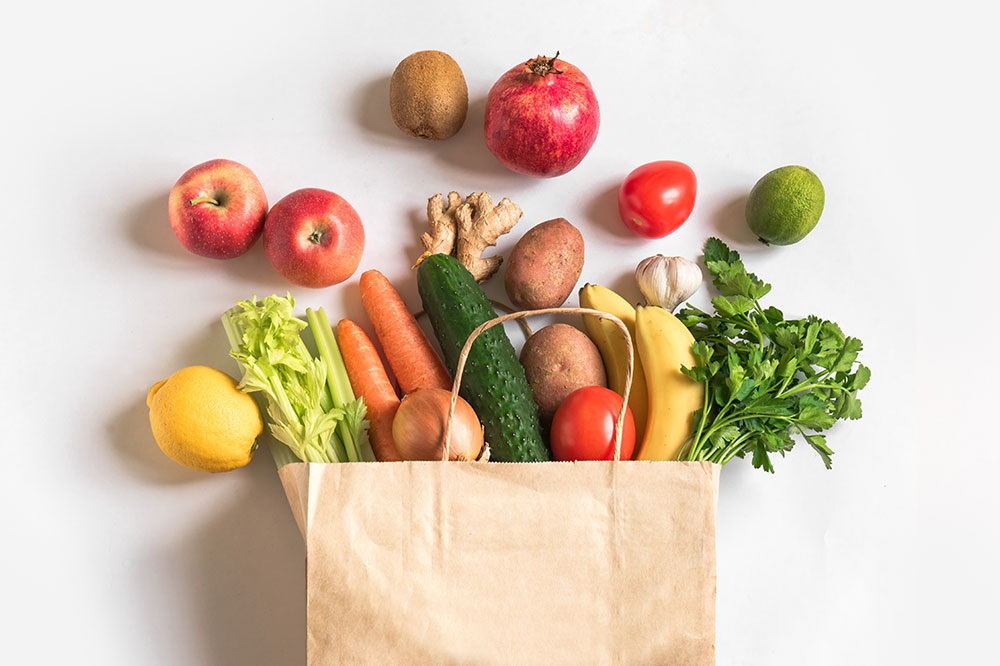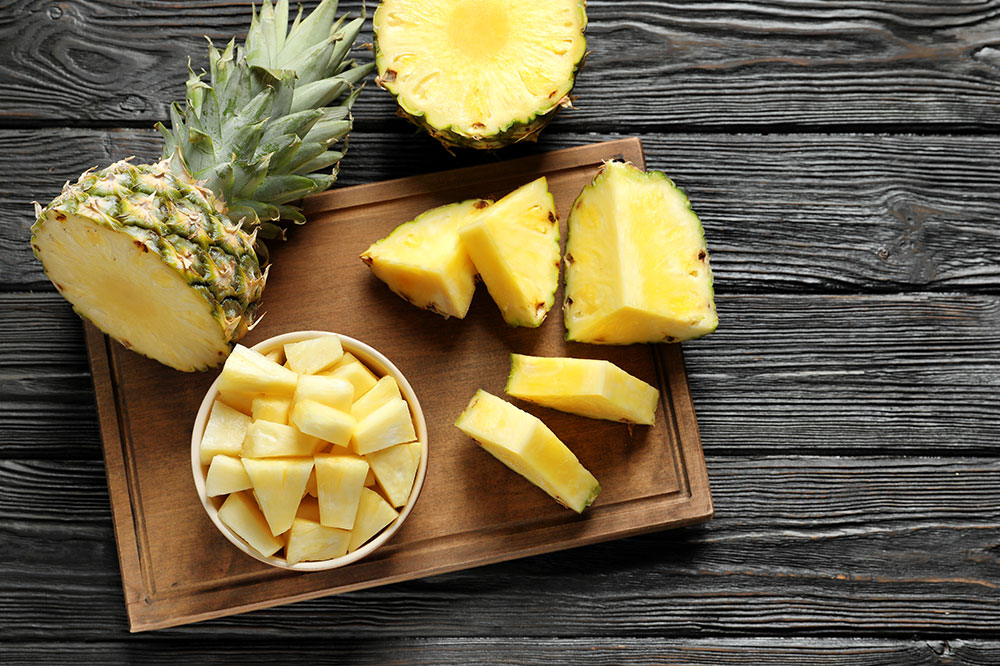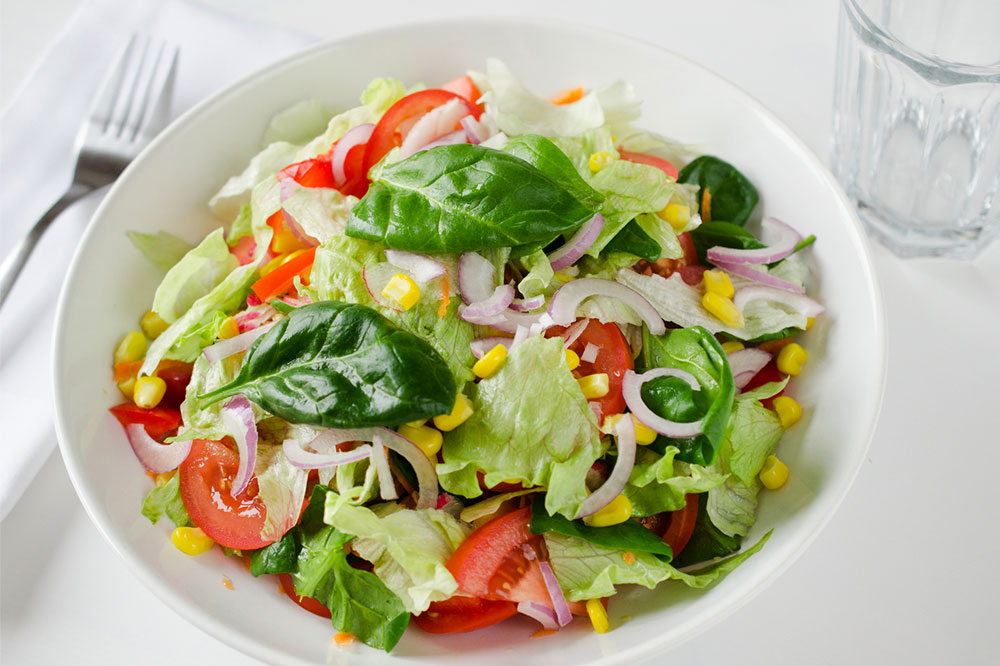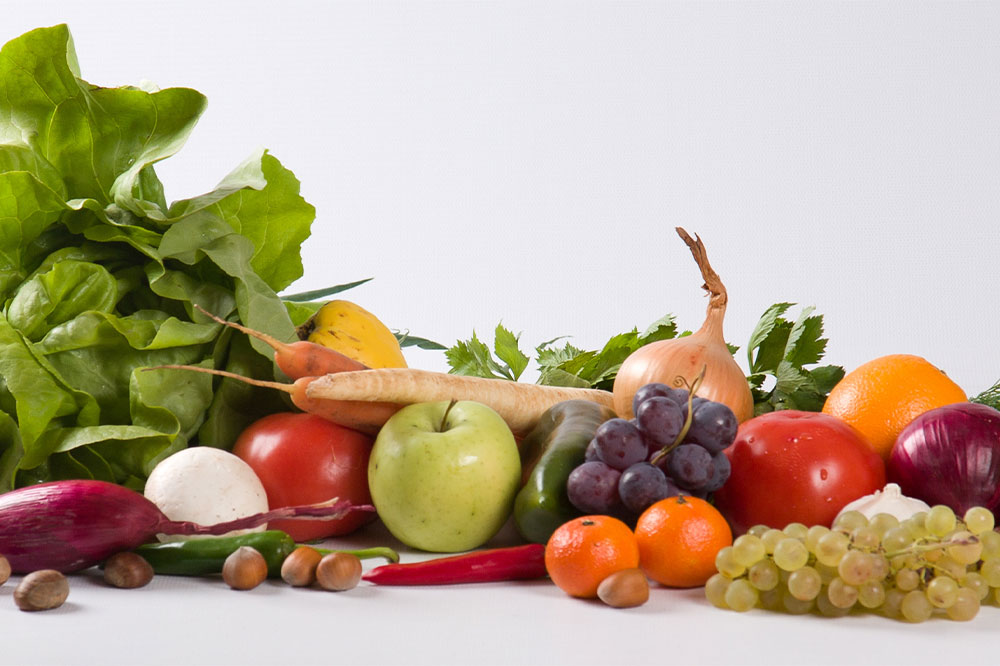Essential Nutrients and Foods for Strong Bones
This comprehensive guide highlights key foods and nutrients essential for maintaining strong bones. It covers calcium, vitamin D, magnesium, phosphorus, and protein-rich options suitable for various dietary preferences, emphasizing the importance of lifestyle habits like exercise to support bone health. Regular consumption of these foods along with physical activity can prevent bone degeneration and promote overall skeletal strength across all ages.
Sponsored
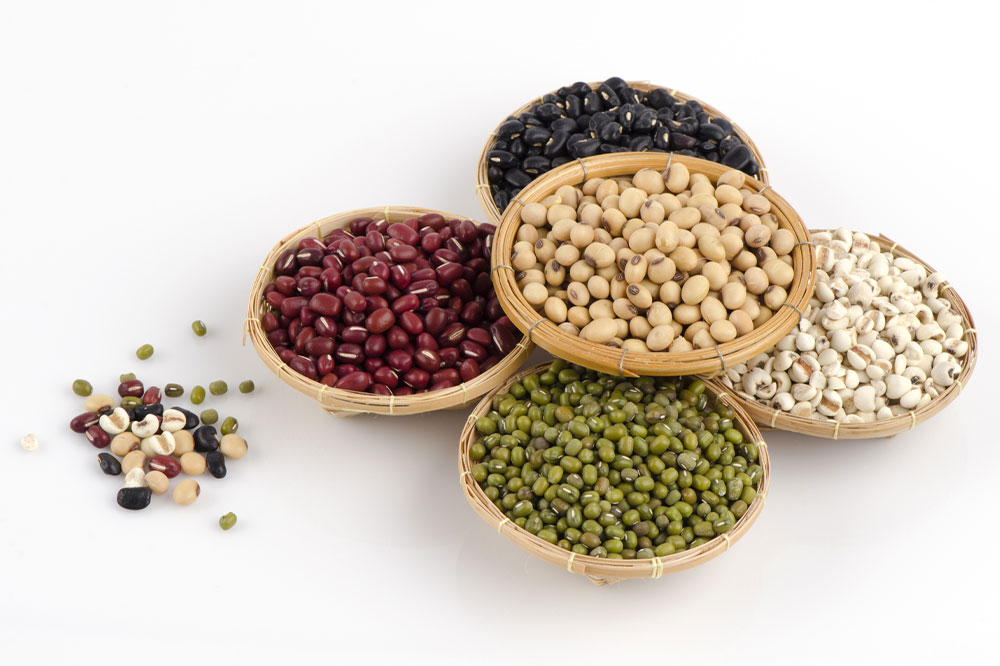
Our skeletal system provides structural support for all organs and muscles in the body. Experts say that most adults reach their maximum bone density by age 30, making nutrient intake vital for maintaining bone strength. To support this, the body needs key nutrients such as calcium, vitamin D, magnesium, phosphorus, and protein. Incorporating specific foods into your diet can significantly enhance bone health and prevent degenerative conditions.
Foods High in Calcium Calcium is fundamental for healthy bones. A lack of calcium can cause developmental issues and early-onset bone diseases, particularly in young adults.
Dairy products such as milk, cheese, yogurt, and cream are rich calcium sources. For those intolerant to dairy, fortified plant-based milks like soy, almond, and coconut are excellent alternatives. Leafy greens such as kale, broccoli, okra, and Chinese cabbage are also beneficial for vegetarians. Additionally, fatty fish like salmon, sardines, and anchovies, along with fortified cereals and snacks, can help meet daily calcium needs.
Foods Rich in Vitamin D Vitamin D is essential for calcium absorption and bone mineralization. Deficiencies can lead to bone density loss. Fortified juices, cereals, and plant-based drinks are suitable options for vegetarians and vegans. Fatty fish including salmon, tuna, mackerel, and trout, as well as egg yolks, beef liver, and fish oils, contribute vital vitamin D to the diet.
Including nuts and seeds such as almonds, pecans, walnuts, and pistachios provides magnesium and phosphorus, which support calcium absorption and bone growth. Seeds like chia, flax, sesame, and pumpkin seeds supply omega-3 fatty acids, reducing inflammation that harms bones.
Plant-Based Calcium Sources Adult recommended calcium intake is between 1,000 and 1,300 mg daily for optimal bone health. Vegetarians can rely on beans like edamame, black beans, pinto beans, and kidney beans to provide calcium, magnesium, phosphorus, and protein. These plant-based options also offer fiber, aiding digestion and nutrient absorption.
Vegan diets exclude animal-derived products, focusing on plant-based foods such as oats, rice, fortified soy, tofu, pulses, and dried fruits like apricots, prunes, figs, and raisins. Sesame seeds can also contribute calcium and vitamin D. Dietary supplements are often recommended to address potential nutritional gaps and reduce bone health risks.
Maintaining an active lifestyle complements dietary efforts. Weight-bearing exercises, walking, and jogging slow bone loss. Limiting alcohol consumption also benefits bone health. Remember, consistent diet and lifestyle modifications are essential for ongoing bone strength and tissue regeneration.



